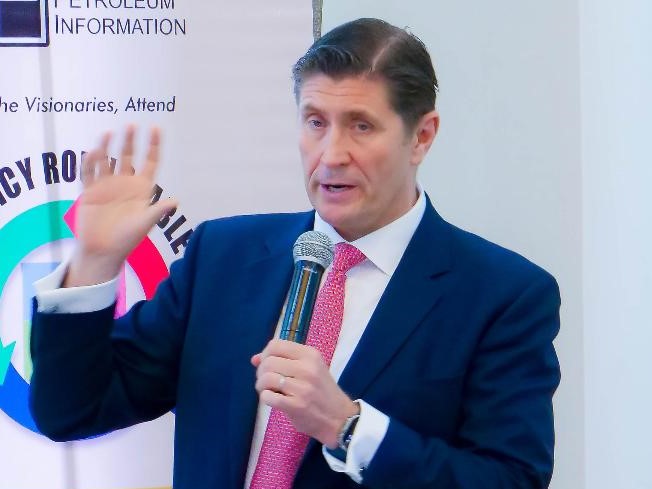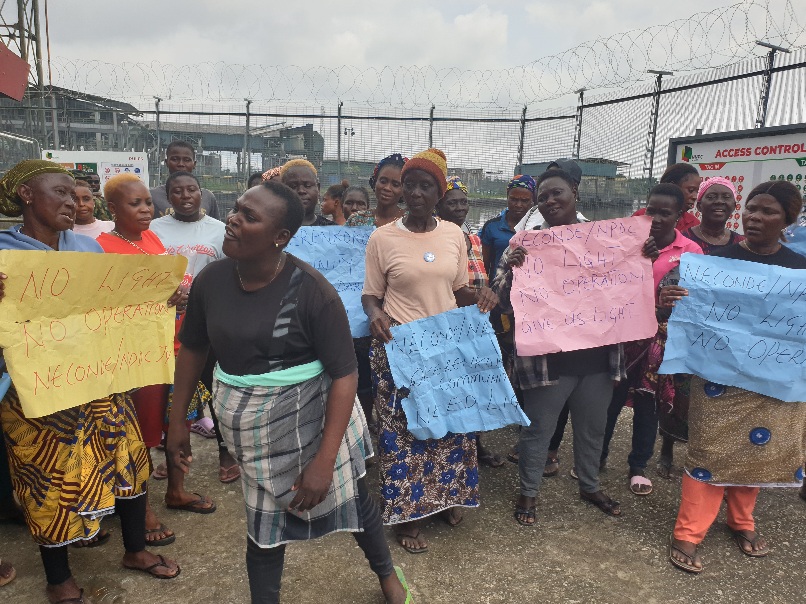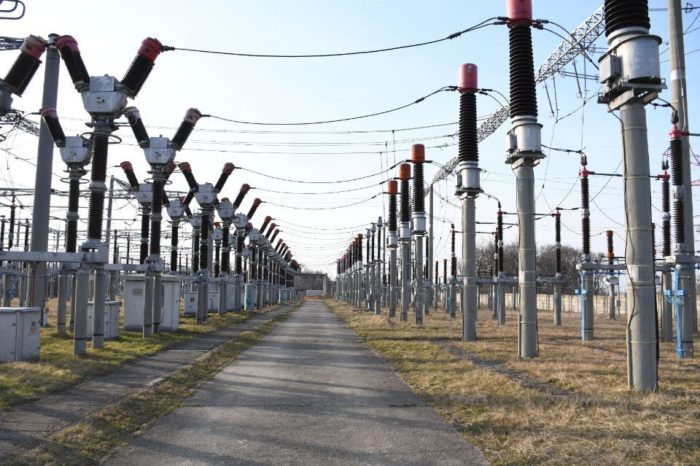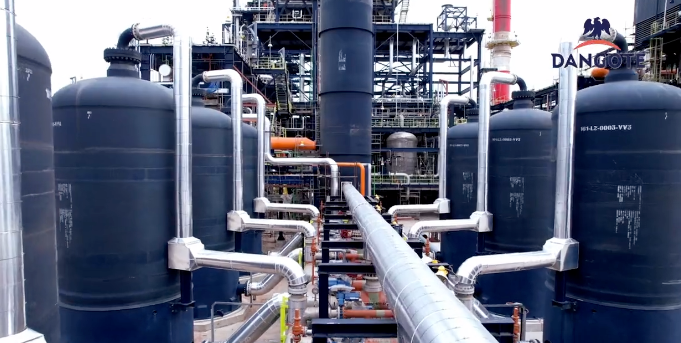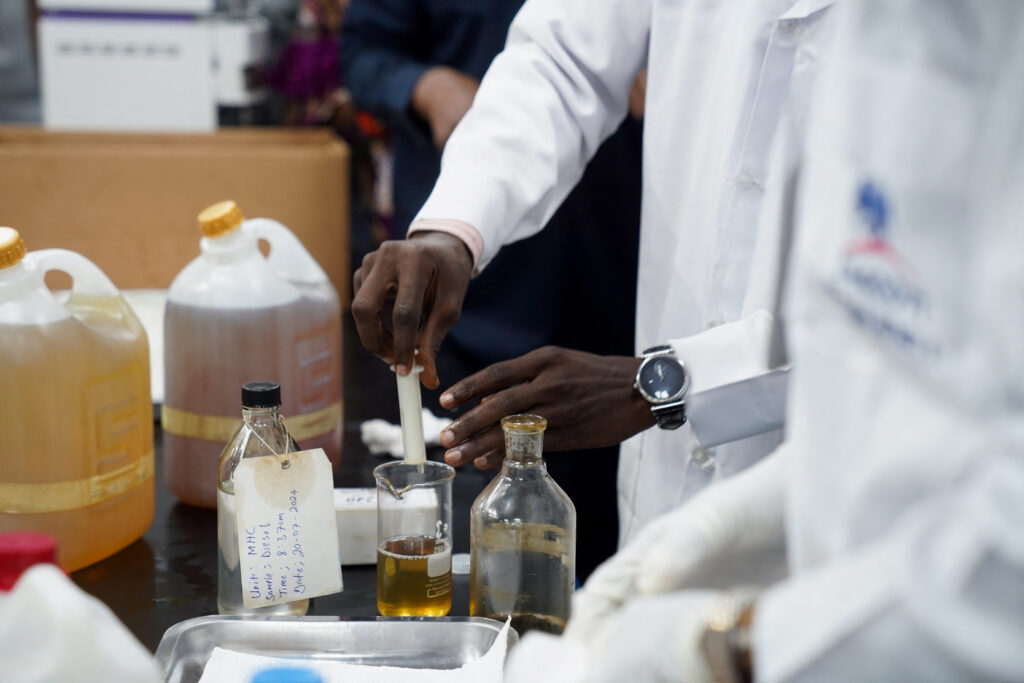Nigeria’s urgent need for a national dialogue on energy, others, as inflation bites harder

EnergyDay’s checks revealed that the country’s entire economy began to nosedive during this period as the cost of goods and services rose steeply with inflation rising from 9.62% in January 2016 to a peak of 18.72% by January 2017.
Ironically, the country’s economy continues to decline at a time when the price of crude oil resources is ascending on the international market because of the energy crisis caused by the Russia-Ukraine conflict. Nigeria is probably the only oil-producing country in the world, unconstrained by sanctions, but yet, unable to take advantage of the current global price surge and crude oil sales.
Now, the rising inflationary pressure on the economy is gaining sharp momentum to a degree that the country’s economic security could become too weakened to sustain political stability if urgent and drastic steps are not taken immediately by the government.
The cost of diesel in the manufacturing sector is directly responsible for abnormal price increases of foodstuff and other essential consumer products. This is apart from the more pitiable impact on business sustainability as some factories are forced to close down their operations.
BUA on its part said it spent N43.580 billion on energy in the first six months of 2022, representing an increase of 64.66 percent over N26.446 billion reported in the corresponding period.
Most of them are contemplating shutting down operations, amidst a persistent energy crisis and inflationary pressure.
The World Bank for instance said that about 7 more million Nigerians were relegated to poverty in the year 2020 and the trend in the year following was as bleak as it is now in 2022.
Nigeria is said to face interlinked challenges in relation to inflation which includes limited job opportunities, and insecurity”, according to Shubham Chaudhuri, the World Bank Country Director for Nigeria. ”While the government has made efforts to reduce the effect of these by advancing long-delayed policy reforms, it is clear that these reforms will have to be sustained and deepened for Nigeria to realize its development potential.”
The World Bank is being polite in its statements and EnergyDay will also politely state that the government is simply not sustaining its own policy thrusts to restore the economy to a balanced position for growth.
Industry analysts have identified inefficient management of the country’s crude oil revenues by both the central bank and the NNPC Limited, as a major driver of inflation and there is a need for these issues to come more clearly into public view through a transparent process that will shield the domestic currency against the demand for forex.
The demand for the complete abrogation of the subsidy regime is one of the major causes of inflation because of its linkage to a wide variety of other vices shared in common by a corrupt syndicate operating the Nigerian economy. The struggle for the illegal ownership and control of economic resources of the country cannot also be separated from the rising spate of insecurity and the natural effect of inflation.
A National Dialogue by all stakeholders including the government will help to identify the weaknesses in the economy and devise sustainable measures to tackle those activities that are threatening economic growth. The issue of crude oil theft is elitist and there is no point for further pretensions that those stealing the country’s crude oil are unknown persons.
EnergyDay, after careful consideration suggests the establishment of “SME Chamber Of Commerce and Industry” as a bottom – up mechanism to pull the huge human capital in the informal sector into an organized bulwark to strengthen the country’s economic growth, political stability and social integration
The key agenda of the proposed SME Chamber Of Commerce and Industry will have its immediate focus on the ‘Energy-Agriculture’ nexus in order to re-create employment, provide limited security and generate raw materials for import substitution including food production. This has very little to do with the government in terms of dependence
EnergyDay believes that the Organised Private Sector Community (OPS) should embark on the dynamic mission of an Alternative Economy to Oil by leveraging the country’s huge demography, market size, and favorable climatic conditions.
Developed economies across the world rely strongly on the use of SME sectors to build super economic structures that are resilient and interwoven to withstand the pressures of competition and industrial revolutions.
More importantly, they serve as a primary tool to control inflation in such a way that it does not become rocket science as is the case with Nigeria.

